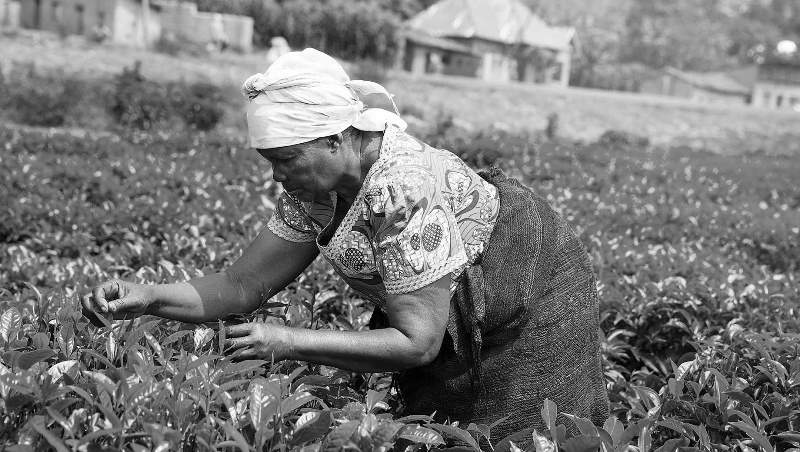Burkina Faso is working hard to emerge from the large-scale political and social upheaval that characterized the 18 months following the popular uprising that resulted in the resignation of President Blaise Compaoré in October 2014. In view of the presidential and legislative elections held in November 2015, and the largely successful municipal elections in May 2016, the country appears to have reached a positive turning point, although governing institutions remain in transition and fragile.
Burkina Faso is a landlocked country in Western Africa. Its population of 19.2 million is predominately rural – a little over 70% – although this is changing as the urban population is growing by 5% per year. Burkina Faso ranks 183 out of 188 countries on the Human Development Index and over 40% of its population lives below the poverty line. Crop production, livestock, forestry and mining are the dominant rural sector activities, with agriculture accounting for over 90% of the workforce.
Land is governed by the 2009 Rural Land Tenure Law (RFR), which establishes three categories of rural land: government land; land owned by local governments/communities; and private land. Most rural land is governed according to customary, informal rules, which differ between communities, and relatively few land rights have been formalised. While Burkina Faso’s Constitution guarantees the right to property irrespective of gender, women generally continue to gain access to land through their husbands. Disputes over land are widespread across the country and may be increasing in frequency and scale due to population pressure, degradation of natural resources and multiple land tenure regimes that create confusion and openings for opportunism.
Statistical Analysis
Prindex’s results show that 44% of respondents felt insecure about their tenure rights in 2018 – an equivalent of 4.1 million people aged 18 or over, and the highest of the first 15 countries. Fifty four percent of the sample interviewed felt secure about their property rights and the remaining 2% refused or did not know how to answer the question. Burkina Faso has the largest difference in tenure security between rural and urban areas out of the first 15 countries – 48% of respondents in rural areas said they felt insecure compared to 28% in urban areas.
The tables and diagrams below show key Prindex results for Burkina Faso or you can download an infographic.

